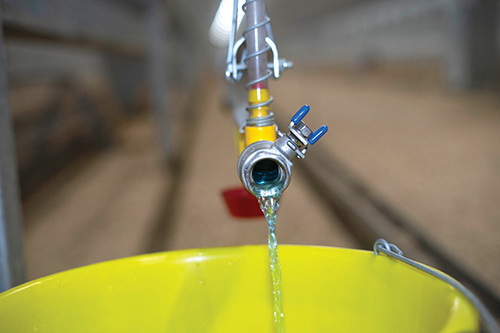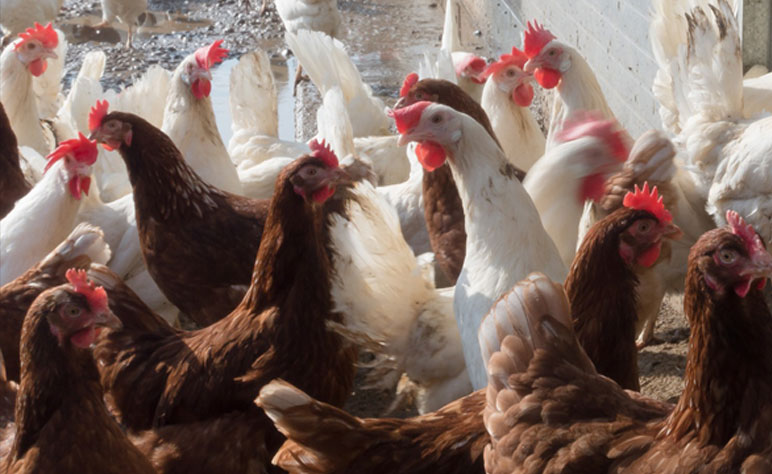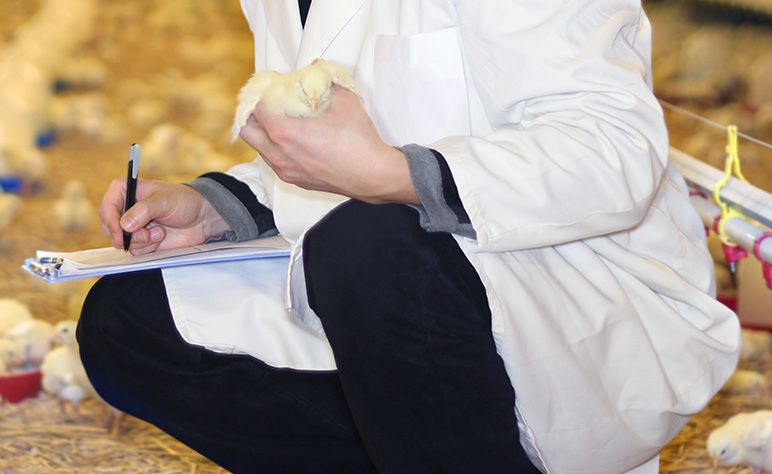
- 8.2.2024
- Education
Principles Of Performance – Water
Water content = 47.8ml per 63g Egg.
Not the most creative of titles for this weeks instalment, but, a pertinent one.
The importance of water in history of human health cannot be overstated, infact one of the single greatest breakthroughs in modern times is chlorination of drinking water which has probably had the greatest single contribution to reduced mortality of recent centuries. From a physiological perspective, proper hydration, with clean water water free from pathogens is a foundation to proper functioning of a laying hen. Energy utilisation, immune function, egg production and physiological resilience to stress all rely on adequate hydration levels.
The key element to understand is that human grade, mains water has undergone an extensive process to remove sediment, heavy minerals and bacteria. The water is then sanitised using a chlorine content of 0.2ppm as an average, which is adequate a ground temperature to keep the water safe for human consumption. While Borehole water can be a truly mixed bag, with high sodium and manganese or iron levels being commonplace. The challenge of high mineral contents is that it increases not only the clogging of the nipple lines and entire drinking system, but also Chlorine and Hydrogen Peroxide will react with the minerals and in the case of Manganese especially, will cause this buildup and potentially impede water flow. This creates an ideal environment for the biofilm and bacteria growth.
The single most effective method of ensuring drinking water quality and supply is maintained for bore hole fed sites is to have the following in place, firstly a robust filtration system, preferably 3 stage, followed by an effectively dosed sanitiser. The real difference maker has been the use of Auto Flush systems, the Lubing model is fitted across many of the sites we work with and provides the ability to completely remove water from the system and replace with fresh water. One of my favourite analogies is – would you refill the glass of water beside your bed every day for 70 weeks and add more chlorine, or would you just start afresh each day? I know which would taste better.
For sites fed with mains water, the quality of the water coming into the system is already excellent, however in this instance we need to look at the behaviour of chlorine at shed temperatures of 18-22⸰C for prolonged periods. As we approach the ideal temperatures for E.coli growth, the greater the amount of chlorine is used, as chlorine is not only affected by the water temperature, but the bacterial challenge becomes greater due to increased growth rates. Therefore, the Chlorine inclusion in standard mains water is not adequate to control this, and supplementary water sanitiser must be used. The same principle applies though, if we are refreshing the water daily, by using a lushing system, then the total bacterial load remains lower and the need for sanitiser use is reduced.
When you are looking at your drinker system, remember that it is probably one of the most cost effective ways to yield the best possible health status of your hens, and in turn the greatest egg output. Over the years we have put an increasing amount of stress on these systems by using the water as a direct delivery method for medicines, vitamins and other products. Our goal should be to bring the hens drinking water as close to that of the human water supply as possible

Vaccination Programme Advice
Find out more